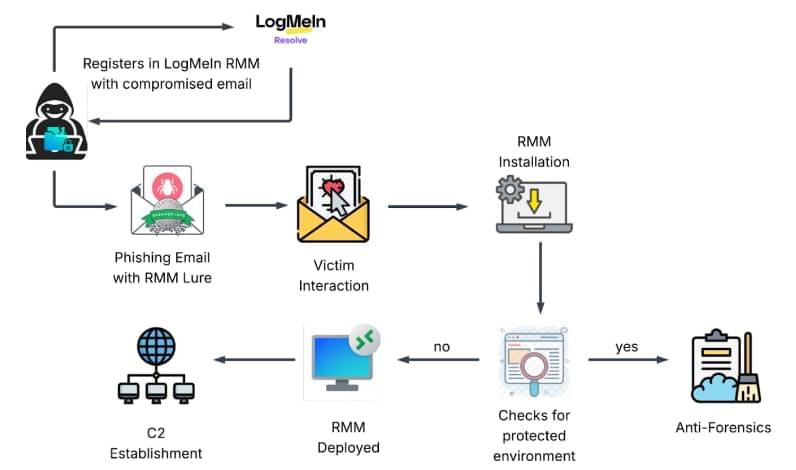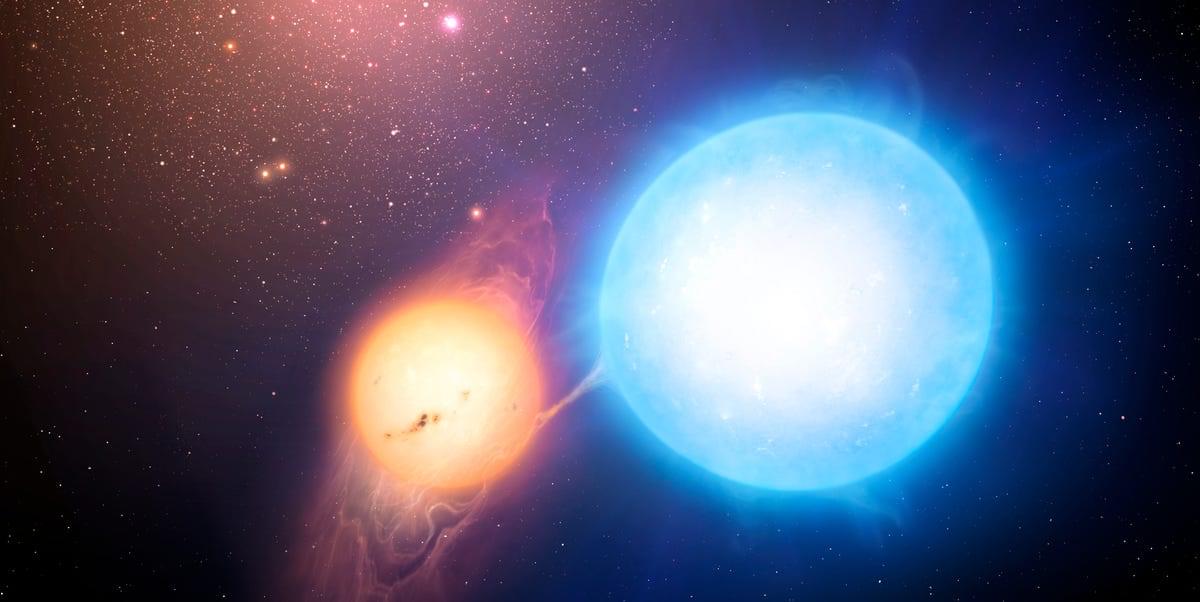Researchers uncovered a two-stage phishing attack stealing email logins to install LogMeIn Resolve RMM for persistent, hidden Windows access.




Yann LeCun’s new venture, AMI Labs, has drawn intense attention since the AI scientist left Meta to found it. This week, the startup finally confirmed what it’s building — and several key details have been hiding in plain sight.
On its newly launched website, the startup disclosed its plans to develop “world models” in order to “build intelligent systems that understand the real world.” The focus on world models was already hinted at by AMI’s name, which stands for Advanced Machine Intelligence, but it has now officially joined the ranks of the hottest AI research startups.
Building foundational models that bridge AI and the real world has become one of the field’s most exciting pursuits, attracting top scientists and deep-pocketed investors alike — product or no product.


A novel lithium-ion battery that uses silicon in its anodes may have the highest energy density of any battery currently commercially available. Its manufacturer, Enovix, says it has shipped the new battery to a leading smartphone company for a debut in mobile phones later this year.
Many of the lithium-ion batteries that power everything from mobile devices to electric cars use graphite in their anodes. However, for decades, researchers have investigated silicon as a replacement for this graphite. In theory, silicon offers roughly 10 times the energy density of graphite in lithium-ion batteries.
“Basically, graphite holds on to lithium using holes in its structure,” says Raj Talluri, CEO of Enovix. “In contrast, with silicon in the anodes—usually a silicon oxide or a silicon carbide—lithium actually chemically combines with the silicon to form a new material. This lets a silicon-based anode hold on to much more lithium than graphite during charging. When the battery discharges, the silicon material goes back to its original state.”

The rising incidence of cancer worldwide has led to an increasing number of surgeries that involve the removal of lymph nodes. Although these procedures play a major role in cancer staging and preventing the spread of malignancies, they sometimes come with severe long-term consequences.
Since lymph nodes do not naturally regenerate once removed, their absence can lead to a condition known as secondary lymphedema. It manifests as chronic swelling, discomfort, and reduced mobility in affected limbs or regions, severely affecting a patient’s quality of life.

Quantum computers, systems that process information leveraging quantum mechanical effects, are expected to outperform classical computers on some complex tasks. Over the past few decades, many physicists and quantum engineers have tried to demonstrate the advantages of quantum systems over their classical counterparts on specific types of computations.
Researchers at Autonomous University of Barcelona and Hunter College of CUNY recently showed that quantum systems could tackle a problem that cannot be solved by classical systems, namely determining the even or odd nature of particle permutations without marking all and each one of the particles with a distinct label. This task essentially entails uncovering whether re-arranging particles from their original order to a new order requires an even or odd number of swaps in the position of particle pairs.
These researchers have been conducting research focusing on problems that entail the discrimination between quantum states for several years. Their recent paper, published in Physical Review Letters, demonstrates that quantum technologies could solve one of these problems in ways that are unfeasible for classical systems.

Many of the body’s processes slow down or falter as we get older, including tissue regeneration. In a new study, researchers detail a promising method to get this vital repair work back up to speed.
The study, from a team at the University of California, San Francisco, identified four transcription factors – proteins that control the activity of other genes – that have a rejuvenating effect on cells.
When the researchers boosted production of one of these transcription factors in the liver cells of elderly mice, they noticed numerous benefits: fat and scarring were significantly reduced, and glucose tolerance improved – all signs of a more youthful organ.

“This systematic deviation agrees with the boost factor that the AQUAL theory predicts for kinematic accelerations in circular orbits under the Galactic external field,” Chae says in the paper.
Similar to how the Newton-Einstein theory relies on the ever-elusive particle known as dark matter, MOND contains its own limitations and challenges. Chae’s study appears to be a big +1 in the pro column for Modified Newtonian Dynamics, but the theory is still just that—a theory. It will need much more observational support before it upends our modern understanding of gravity and the universe we inhabit.